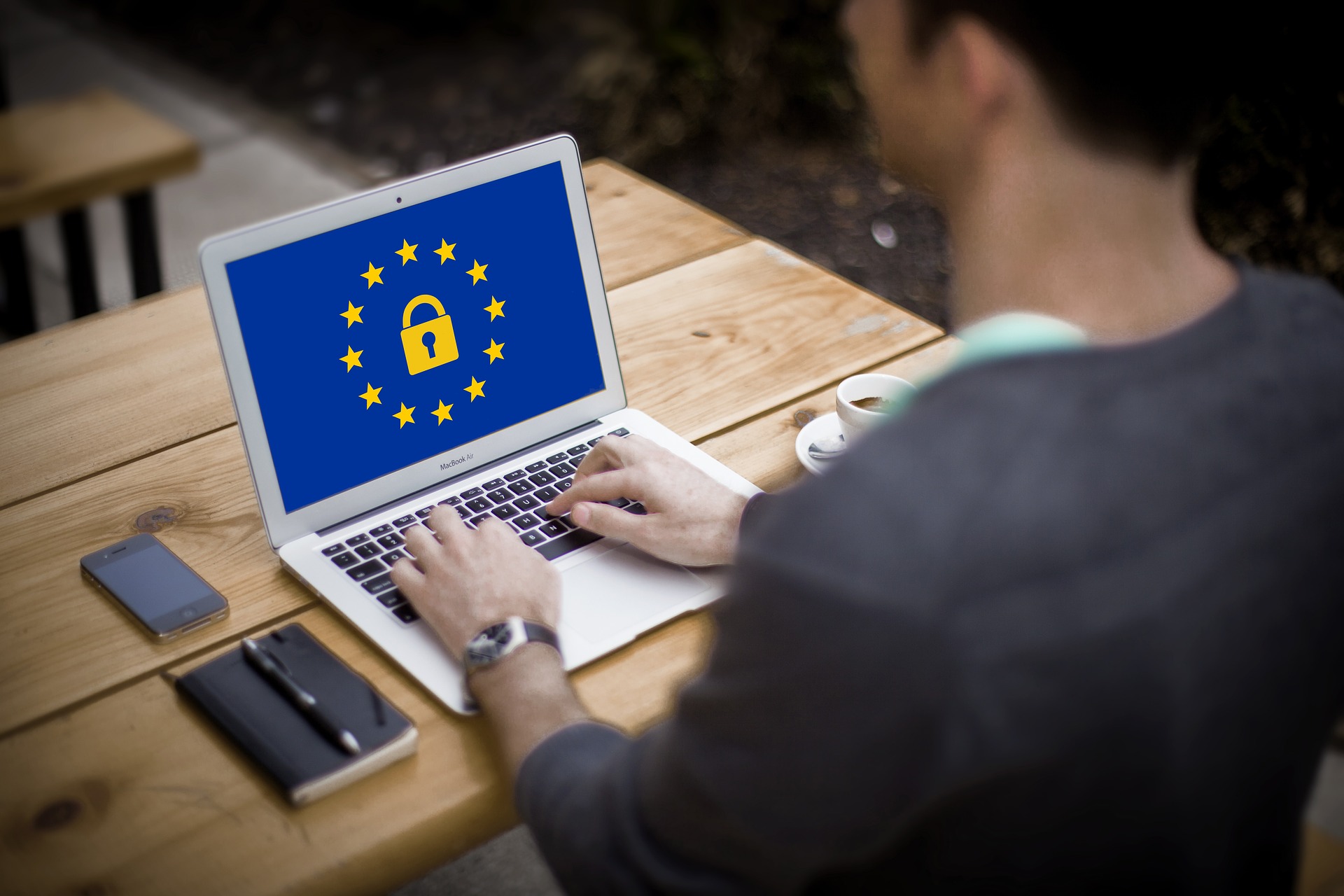901, Shapath V, Sarkhej - Gandhinagar Hwy, opp. Karnavati Club Road, Prahlad Nagar, Ahmedabad, Gujarat 380015.
Call On Mail Us
GDPR Data Protection Compliance Checklist 2018
There has been a debate about user data privacy since long. The debate received fuel from Facebook publicly accepted the user data theft scandal. Meanwhile, the EU, in its new efforts to protect personal data, brought GDPR. Let’s understand.
What is GDPR Compliance?
Businesses world across take measures but seems proven inadequate. Therefore, in order to protect the privacy of the data, the European Union has introduced a new regulation called the General Data Protection Regulation or GDPR.
All those businesses are abiding by GDPR regulation to protect the personal data and safeguard the privacy of the EU citizens during any transaction that happens within EU nations.
The regulations are so strict that companies may end up paying huge fines for non-compliance.
Each company that collects or processes the personal data of the EU citizens will have to comply with this new regulation by May 25, 2018.
Why Does GDPR Exist?
EU has been conscious about how personal data are used. Therefore, even before the Internet became the main communication tool, the EU established the rules under Data Protection Directives. The GDPR is going to replace the old DPD.
Due to disquieting evidence of data theft, 76% of EU citizens have raised concerns over privacy. Lake of trust in how companies use personal data, the EU found it fit case to improve the terms of DPD by replacing with new GDPR regulation.
There are 9 different GDPR compliance requirements that each company should meet to collect, store, and process data of EU citizens.
Personal data audit will help you to identify all of your data processors. List them all with either a 1 or a 3 to help you track which are first and which are third party data processors.
GDPR Website Compliance
In the 21st century, as technology grows and Internet spreads, personal data of users need more protection. Especially, the company websites, which collects innumerable personal data much, undergo the process of having their website in line with GDPR. So how would you achieve GDPR website compliance?
Well, there are 3 questions you should ask yourself as a business before starting the website audit.
Once you have answers to these data, follow the guideline to ensure your website complies with new GDPR Checklist.
Cons.
It is in the interest of the businesses to fall in GDPR line to safeguard the user data and to protect themselves from any consequences of non-compliance.
For websites with GDPR compliance and want to run an audit, contact our team at info@codecaste.com and our representative would get in touch with you.
We would be glad to Assist You.